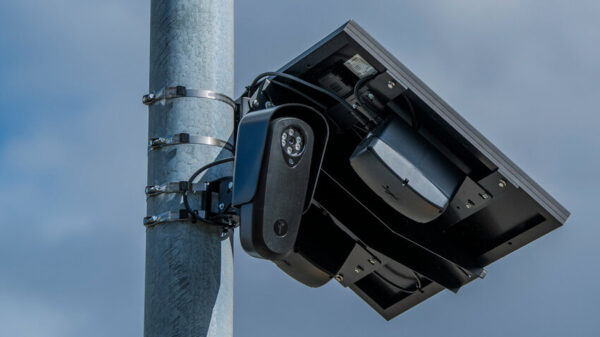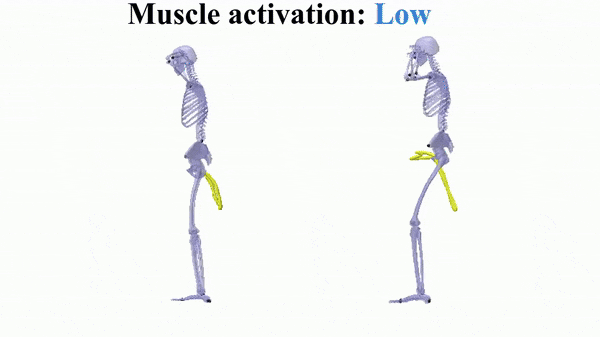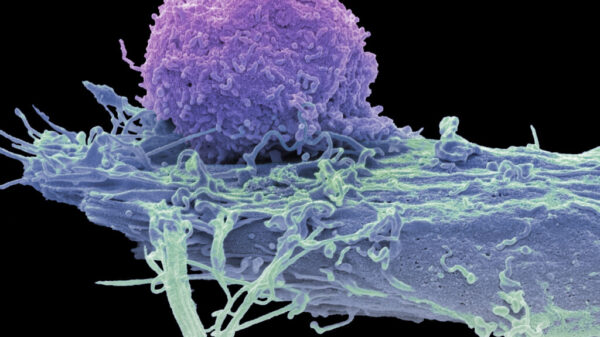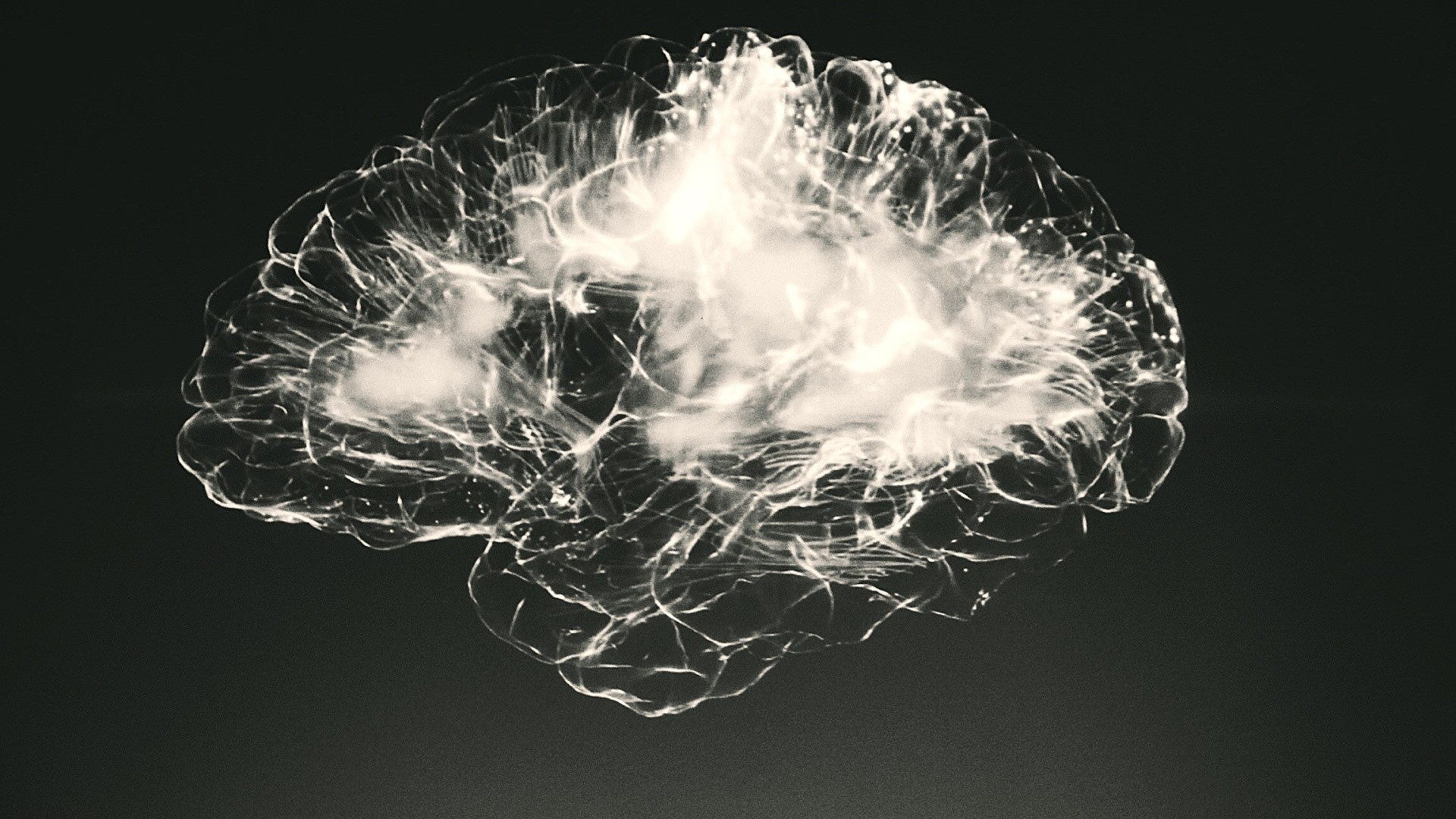More than one million Americans live with Parkinson’s disease, facing debilitating symptoms such as tremors and coordination difficulties. Traditional medications often come with significant side effects and can lose effectiveness over time. In a groundbreaking development, Henry Ford Health has become the first healthcare provider in Michigan to implement an artificial intelligence (AI)-powered deep brain stimulation (DBS) system, offering new hope for patients whose symptoms do not respond well to conventional treatments.
The journey of Evonne Simoff, diagnosed with Parkinson’s twelve years ago, highlights the challenges many patients encounter. “I was having trouble writing, trouble chopping while cooking, and using my right hand,” Simoff recalls. Symptoms worsened over time, leading to an urgent need for more effective treatment options. Traditional medications became less effective, prompting her to seek innovative solutions.
New Technology Redefines Treatment
The AI-enhanced DBS system represents a significant advancement in the management of Parkinson’s disease. Dr. Zehra Farzal, a movement disorder neurologist at Henry Ford Health, elaborates on the technology’s mechanism. “Electric electrodes are implanted into deep brain structures, connected by wiring to a pacemaker-like device in the chest. This allows us to deliver targeted stimulation to specific areas of the brain.”
What distinguishes this system is its integration of AI technology. The device features capabilities that include real-time brain wave readings, automatic adjustments to stimulation levels based on patient activity, and continuous monitoring. This personalized approach aims to enhance the overall quality of life for patients experiencing severe symptoms.
Patient feedback has been overwhelmingly positive. For Simoff, the impact was immediate and transformative. “Turning it on was like someone plugged me into the wall socket,” she describes, noting an increase in energy and coordination. When doctors temporarily disabled the device, her tremors returned almost instantly, underscoring the profound influence of this technology on her daily life. “It’s given me my life back,” she shares.
Expert Insights and Future Implications
While the results are promising, Dr. Farzal emphasizes that this treatment is not suitable for everyone. “DBS is reserved for patients with severe symptoms that cannot be controlled with medications,” she states. The technology can be highly effective in situations where existing treatment options fail to meet patient care goals.
This innovative approach to Parkinson’s treatment represents a significant step forward, merging traditional DBS therapy with AI to create a more responsive and tailored method for managing symptoms. As research and development in this field continue, patients can anticipate further advancements that may enhance treatment options available to them.
For more information about deep brain stimulation or Parkinson’s disease treatment options, individuals are encouraged to contact Henry Ford Health’s Movement Disorders Clinic. This breakthrough not only highlights the potential of AI in healthcare but also offers renewed hope for those living with Parkinson’s disease.


































































